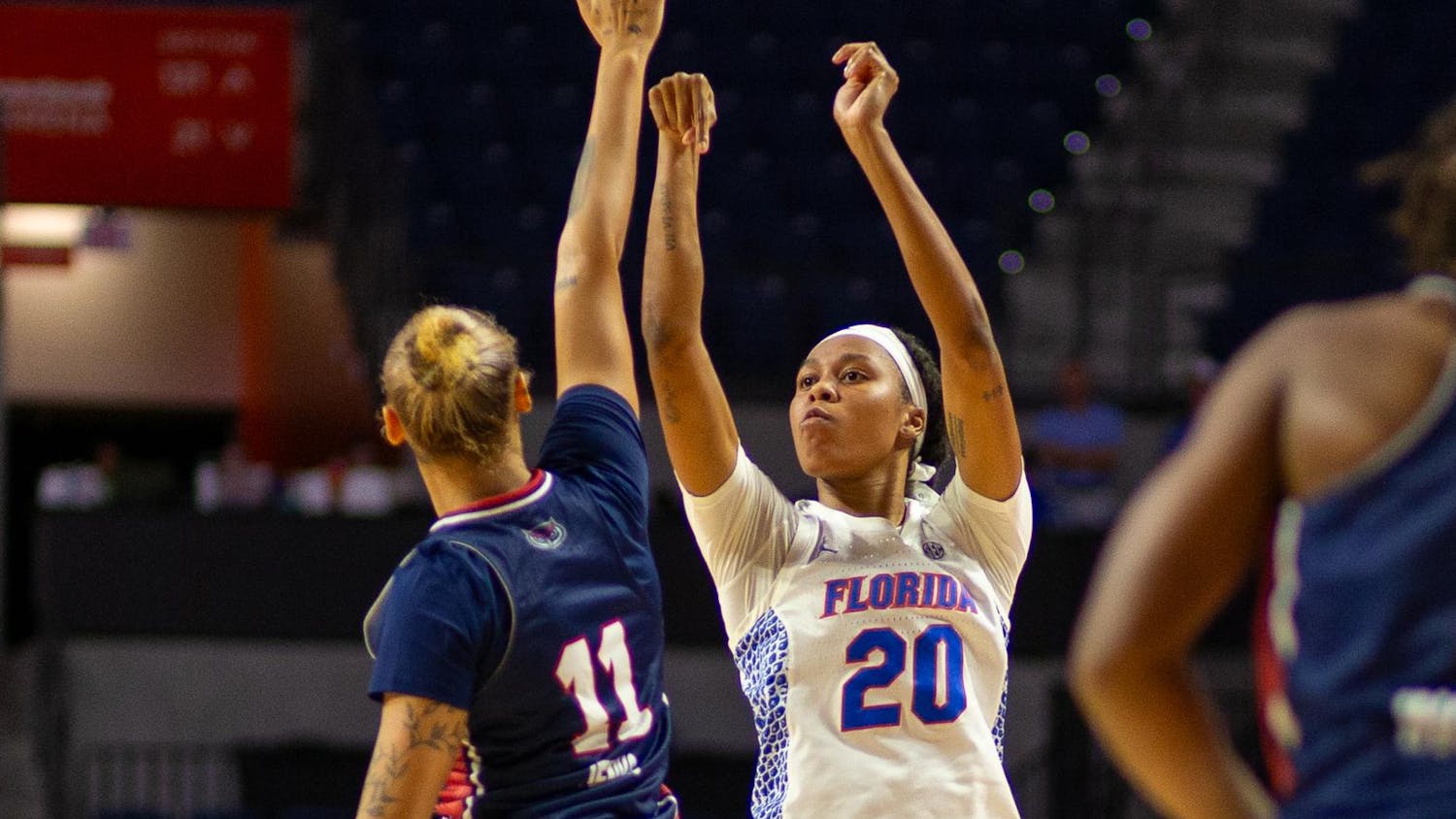South Africa was to be my birthplace. Zambia, where I was eventually born, didn’t have the best maternity care in southern Africa in the early 1990s, and my parents were advised to move. Eventually, things worked out, and there was no need for my mom to go to Durban, South Africa.
Over Winter Break, South Africa’s greatest son, Nelson Mandela, was buried. Perhaps you saw the funeral coverage or the movies, but I was exposed to his magic another way.
Madiba, as he was known to his beloved people, was a young lawyer in 1962 when he was arrested and faced the death penalty on charges of sabotage against the apartheid government of South Africa. In a four-hour speech from his dock, he kept his cool, saying he was “prepared to die” for “the ideal of a democratic and free society.”
Mandela was sentenced to life in prison. His political group was banned and moved its headquarters to Zambia. For the next few decades, the city of my birth, Lusaka, hosted Mandela’s political organization. Lusaka experienced turmoil in the coming years as white apartheid supporters violently targeted the black activists who worked in exile.
And then, finally, the day arrived. The year was 1990. The agony of 27 years made the occasion that much sweeter.
I was yet to be born, but my parents tell me that Lusaka erupted that day. A joyous frenzy overcame the city as news spread that Madiba was released. The pictures published the next day were moving — the valiant son of Africa, who had now gone gray-haired, walked out of the prison gates, his fist raised.
Shortly after being freed, Mandela began to spread global awareness against the South African apartheid system. His first stop was Lusaka, to give thanks to the city that sheltered his political and biological families during his 27 years in prison.
When Nelson Mandela has personal ties to your birthplace, you can get lucky. I grew up hearing of how my mom wept when her prayers were answered with Madiba’s release and how my older brother’s first formative childhood memory was of watching Mandela’s presidential inauguration — Mandela had invited his former prison guard to the ceremony!
But interestingly, the bandwagon wasn’t always full. The U.S. supported the apartheid government for decades. Mandela was only taken off our terrorist watch list in 2008.
President Ronald Reagan justified allying with the apartheid regime by saying, at the time, that South Africa is strategically “essential to the free world in its production of minerals.”
Even on campus, the cruelty of apartheid is yet to be realized.
Our Student Senate is voting on a resolution calling for UF to “build upon its partnership” with the State of Israel. Considering how Israel is known for its ongoing abuse against its Palestinian subjects — while enjoying impunities like those apartheid South Africa enjoyed in its heyday — such a proposal is embarrassing.
“Our freedom is incomplete without the freedom of the Palestinians,” Mandela said.
Cozying up with Israel won’t ruffle many feathers, reminiscent of how our misguided ancestors had little issue with cozying up with black apartheid.
Madiba’s long walk has come to an end, and a time will come when we, too, will leave. Before we go irreversibly astray, should we not learn from the past?
Zulkar Khan is a microbiology major. His column runs on Tuesdays. A version of this column ran on page 6 on 1/7/2014 under the headline "Hamba kahle Madiba: Goodbye, Mandela"





